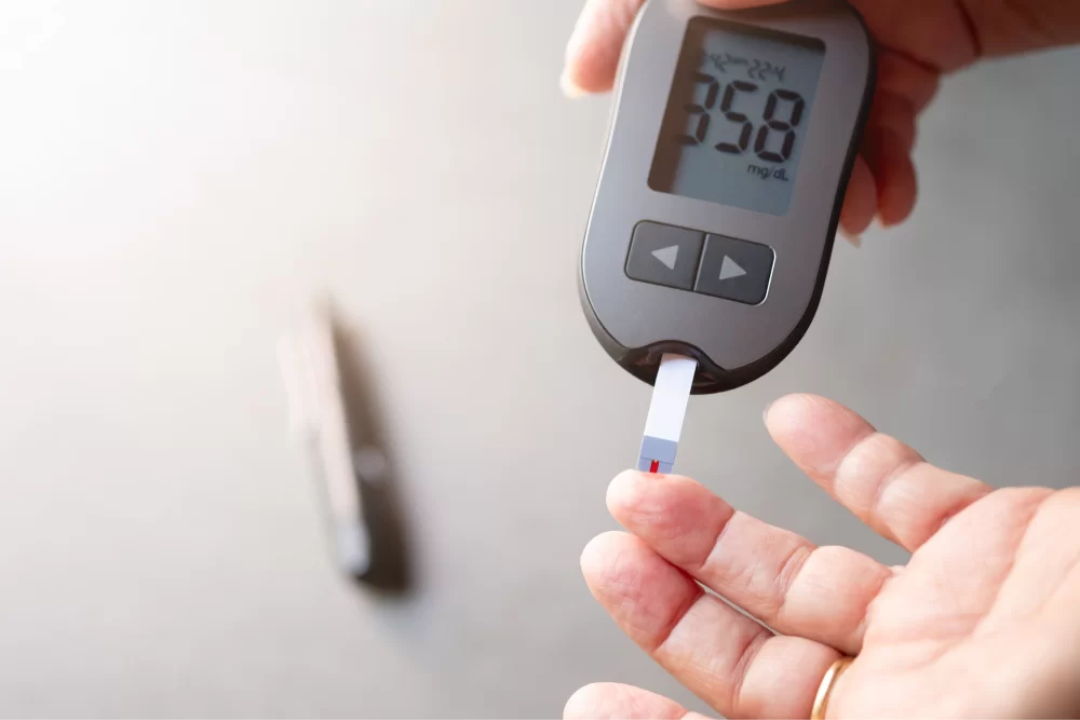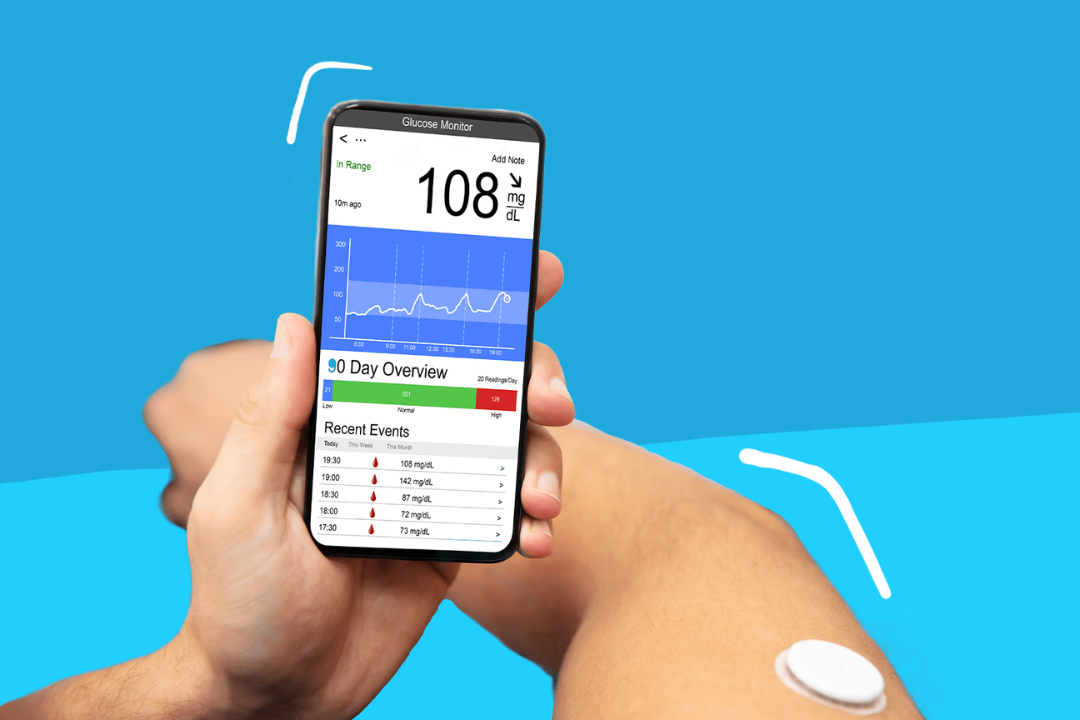If you've noticed changes in your body and have had unprotected sex, you may be wondering if you're pregnant.

In recent times, technology has brought new ways of checking this possibility without leaving home. Online pregnancy tests are a practical way of finding out, but it's important to understand their limits and how they work.
Now, we'll cover everything you need to know about online pregnancy tests, from the best apps available to the symptoms and precautions you need to take.
Read also: Does a blood pressure app work? Discover 5 options!
What are Online Pregnancy Tests?
Online pregnancy tests are tools that allow you to assess the likelihood of pregnancy based on answers to a questionnaire about symptoms and medical history.
They are useful for getting a quick estimate of the possibility of pregnancy, but they are no substitute for a professional medical diagnosis.
The 3 Best Online Pregnancy Test Apps
Technology has brought a series of apps that promise to help with pregnancy detection. Below, we've listed three of the best apps available:
1. Pregnancy +

Find out if you're pregnant and monitor your pregnancy with the Pregnancy+the world's leading pregnancy tracking app. In just a few minutes, you can find out if you're pregnant, based on the first signs your body shows.
With the positive result, the Pregnancy+ offers expert tips, week-by-week monitoring, 3D models of the baby's development and name suggestions.
2. Flo

Flo is one of the most complete and recognized women's health apps. As well as offering an online pregnancy test, it also helps track the menstrual cycle, symptoms and other aspects of reproductive health.
Through a questionnaire, the app can provide an initial estimate of the possibility of pregnancy.
3. Clearblue test

Although best known for its physical pregnancy tests, the Clearblue test also offers an online version. The app asks questions about your symptoms and history to help assess the likelihood of pregnancy.
It's an additional tool that can be useful in combination with physical tests.
When Can I Take a Pregnancy Test?
The accuracy of pregnancy tests depends on when you take the test. Here are some general guidelines:
- Before the menstrual delay: Pregnancy tests taken too early may not detect the pregnancy hormone beta-hCG at high enough levels. For more accurate results, it is recommended to wait until your period is late.
- After the menstrual delay: Most pregnancy tests, both physical and online, provide more reliable results if carried out after the menstrual delay. At this time, beta-hCG levels will be higher and easier to detect.
- Monday or more: If you have taken a test and the result is negative, but you still suspect pregnancy, repeat the test after a few days. The beta-hCG level increases over time and can be detected more accurately.
Types of Pregnancy Tests
There are several types of pregnancy test, each with its own characteristics and levels of accuracy:
1. blood test
The blood test measures the levels of the beta-hCG hormone, which is produced shortly after fertilization. It is carried out in a laboratory and can detect pregnancy earlier than urine tests.
2. Pharmacy Test (Urine Test)
Pharmacy tests are widely available and easy to use. They work by analyzing a urine sample to detect the presence of beta-hCG. They are a practical option for use at home.
3. Ultrasound
Ultrasound is used to confirm pregnancy and visualize the fetus in the womb. It is generally recommended after initial confirmation with urine or blood tests to assess the baby's development and the health of the pregnant woman.
4. Online Pregnancy Test Apps
Although they don't replace a medical examination, online pregnancy test apps can provide a preliminary indication based on symptoms and history. They are useful for a first assessment and can help decide whether it is necessary to seek a medical examination.
Early Symptoms of Pregnancy
- Nausea: Many women experience motion sickness, especially during early pregnancy.
- Morning sickness: This symptom can occur at any time of the day and is characterized by intense nausea.
- Lost Period: The absence of menstruation is one of the most obvious signs of pregnancy.
- Inexplicable fatigue: Increased progesterone levels can cause extreme tiredness.
- Frequent urination: Increased pressure on the bladder can lead to more frequent trips to the toilet.
- Cravings or Aversions to Certain Foods: Changes in eating habits are common during pregnancy.
Conclusion
Online pregnancy tests offer a quick and convenient way to assess the possibility of pregnancy, but they are not a substitute for medical confirmation.
It's important to use these tools as a first step and to seek more definitive tests and medical advice as necessary. Pay attention to your body's symptoms and practice self-care to ensure a healthy pregnancy.




